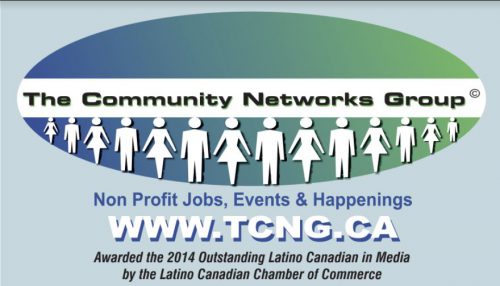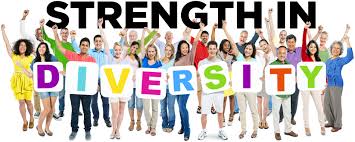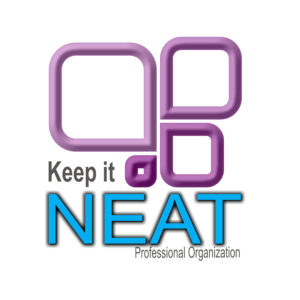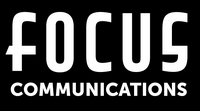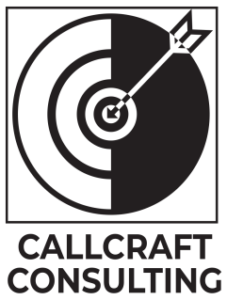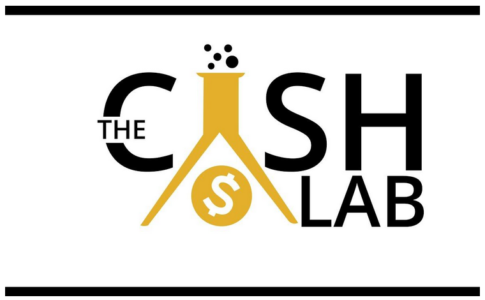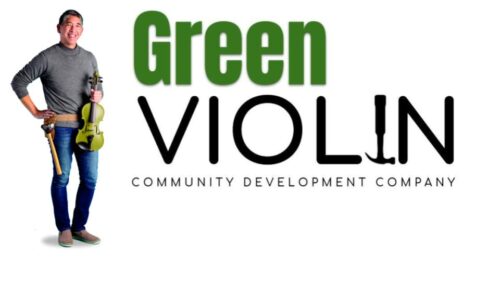Birth of A Complex Global Civilization | My grandfather, Ben Garside, died in 1970 when I was 15 years old. Born in 1880, he had lived nearly his entire life in one house or another with no insulation, no furnace, no phone, no electricity or running water. He was a farmer-turned-market-gardener. He didn’t see an automobile until he was over 35 years of age, yet he lived long enough to see astronauts land on the moon. He taught me one important thing – that it is possible to live with very little, as our ancestors did for hundreds of thousands of years, and find genuine happiness. How did things change so quickly in one lifetime?
New Energy | Around the time my grandfather was born, there was a flurry of inventions based on the cheap new energies of fossil fuels and electricity. My grandfather’s uncle worked with Nicola Telsa on the first power generating station at Niagara. My wife’s great-great uncle Melville Bissell came up with the Bissell electric vacuum cleaner. The telephone was quickly invented and you could then talk to relatives in a distant city rather than travel by horse. Oil was discovered, pumped out of the ground and put to use in diesel engines in trains and ships. Cheap shipping made the world a much smaller place.
Literacy | Aside from the abundant cheap energy there was something else even more catalytic to the perfect storm of 20th century progress. Just a couple of decades before Ben’s birth there was a popular movement to provide a general education for all children. In the back woods of St. Joseph Island in Lake Huron, Ben was going to get to read and write. I have a copy of the same primer from which he learned to read. He would be able to read newspapers and magazines and keep informed of events and trends across the country and around the world. But more than learning information, schools taught us how to make meanings by deliberately connecting events and processes into a myriad of repeating recognizable patterns.
Modernity | In 1921, American sociologist named William Ogburn coined the term ‘cultural lag’. Cultural lag captured the idea that hard technologies, like ploughs, guns and automobiles, can be adopted at a much faster rate than the values, beliefs and behaviours associated with the use of those technologies. Today, for example, we have billions of smart phones in use and thousands of people will die (or kill) in traffic accidents when using them while driving. These lags don’t close before new ones are added. The lags are often cumulative.
New Foundations | My graduate thesis advisor, Richard Jung, worked with Ludwig von Bertalanffy, the founder of general systems theory. Von Bertalanffy was one of a handful of scientific geniuses giving birth to the esoteric sciences of information theory, operations research, systems theory and cybernetics beginning a decade before I was born. These sciences would not only give rise to the computer, but to the artificial intelligence that promises to one day soon make humans irrelevant. They also form the foundation for the management science that makes global corporations possible. These same sciences help explain life itself so we can manipulate it in genetic engineering and even make new synthetic life forms. They may yet help us simplify our world and save ourselves, but for now, few people know anything at all about the long term cultural lags associated with the science and technology boom.
Back to the Future | The year my grandfather died, American journalist Alvin Toffler published his book called ‘Future Shock’. In it he chronicled the rapid expansion of complexity in the modern world. Toffler stated that there was as much diversity and change in the current lifetime as there was in the previous 800 lifetimes put together. And he was right! Not only are there more things but there are more people, more ideas, travel, publications, and relationships. Knowledge was and is expanding exponentially in every direction! In 1920, just one long lifetime ago, atoms were just a theory and there was only a handful of known galaxies. We now know about sub-atomic particles smaller than quarks, that there are thousands of identifiable planets, and billions of galaxies filled with billions of solar systems. We may already be suffering from future shock and not even know it!
Small Planet | Cheap transportation, electrical appliances, public education and mass communication brought us globalisation. Globalisation quickly brought us closer together than ever. There is a global brain drain going on as people with credentials move to specialized industrial ‘gravitational poles’ around the planet. People gather in giant metropolises — innovation hubs. Moreover, there is growing exposure to variety, diversity and complexity in everything from sciences and occupations, to races, religions, cultures, education, entertainment and political views. We really don’t know how long it takes for people to effectively acclimatize to these changes. We shouldn’t be surprised by popular upheavals.
Zeitgeist | There is now a pervasive general background uncertainty and anxiety. Long term investment planning is evermore challenging. Alleged facts and logical arguments do not validate hopes. We don’t know which scientists to believe. Political pundits argue with different sets of facts. Meanings are apparently so complex and interdependent that anyone can spin them to get whatever results they want. Lies are easily disguised as someone’s truth. People search the workplace, lifestyles and other religions for a sense of meaning and purpose. We don’t get better at multitasking, we get better at being distracted. We feel busy, but in a moment of reflection we realise we’re spinning our wheels and going nowhere. There is little time to analyse and deliberate so people more frequently depend on quick intuitive assessments. Less time spent in deliberation means deliberation skills get weaker.
Media | What people really know is how they feel day in and day out. TV showcases the lives of the rich and famous. “Why not me?” The psychological reactions to cumulative stresses are feelings of powerlessness, frustration, envy, anger, fear, suspicion, anxiety and depression. People talk of information overload, change fatigue, choice fatigue, apathy and disengagement. There is nostalgia for the past when times were simpler and you knew who you could trust. Conspiracy theories and post-apocalyptic dystopias are popular entertainment. Now “get off the grid, prep and hunker down.”
Planetary Paradoxes | Though apparently history repeats itself, we also live in unprecedented times. The familiar rhythms of life are becoming chaotic and unrecognizable. Aside from climate change, the death of the oceans, extinction of many species, and over-population, what else is happening that we have not yet even identified? Scientists are calling our times the Anthropocene Period because of the dramatic impact our population is having on the planet. Never in 3.6 billion years of life on the planet has there been anything like what we humans are doing in this lifetime.
21st Century Design | Underlying all that is happening in our global mono-culture and its proliferating sub-cultures is the compounded exponential growth of complexity, accelerating change, and convergence of multiple cumulative cultural lags. Cultural ideas and their expression in technology, not genes, are the medium of civil evolution. They’re not slowed by the need for hundreds of generations. What systems science tells us is that this growth pattern, with mathematical certainty, will come to an end one way or another. This is not my grandfather’s world!
Going Forward | With the web we have an unprecedented opportunity to engage in collective discussion. We had better put our little heads together now and figure out what we want to be when we grow up, and how we’re going to get there. How shall we define humanity in the 21st Century?
– Randal B Adcock © 2016







